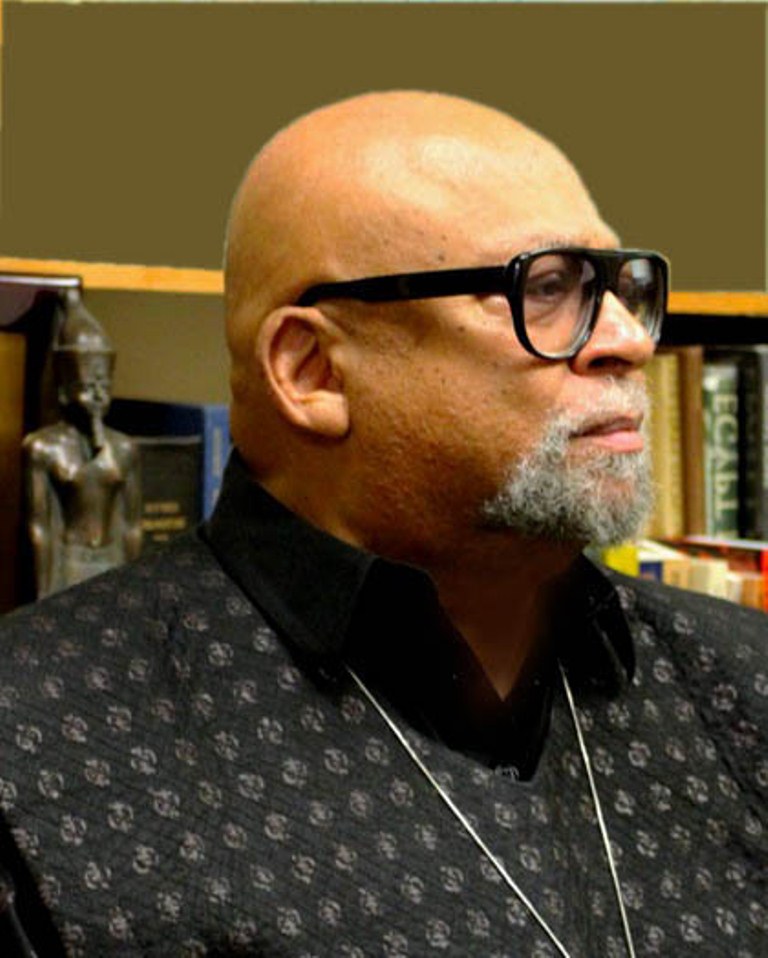Dr. Maulana KarengaMarch 5, 2020
It is a fundamental tenet of Kawaida philosophy that practice proves and makes possible everything, that is to say, practice brings it into being, makes it real, relevant and worthy of the name and quality it claims, whether it is love or life, parenting or peace, teaching or learning, art or ethics, science, religion or righteous resistance. And so, in this month of March which pays rightful and focused attention and homage to women and calls for recommitment to secure their rights, respect their dignity and address adequately their rightful needs and aspirations, the question is always of how this is translated in practice, how is it brought into being and made real and worthy of its name and claims?






